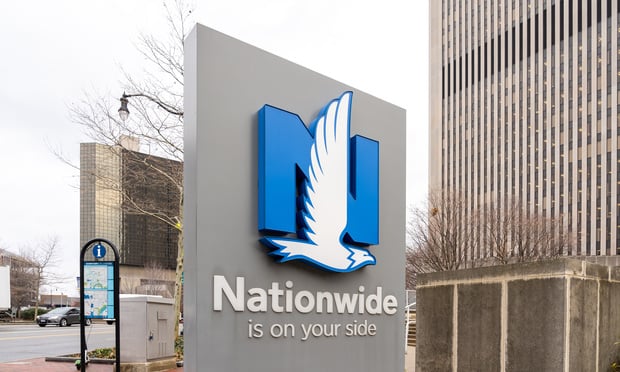NU Online News Service, Oct. 27, 12:04 p.m. EDT
The chief executive of insurance broker Arthur J. Gallagher is upbeat about the firm's third-quarter performance and told analysts that rate increases are necessary for the industry's health.
“I'm very pleased with our third-quarter results,” J. Patrick Gallagher Jr., chairman, president and chief operating officer of the Itasca, Ill.-based firm, said during a conference call with financial analysts. “This is the third quarter that we have been in positive organic territory, and I'm pleased with that.”
The firm reports that organic growth in commissions, fees and supplemental commission revenues grew by more than 5 percent in the third quarter. Organic growth in the brokerage segment stood at 2 percent, while risk management rose 13 percent for the third quarter.
On an adjusted basis, third-quarter net income compared to last year rose 14 percent, or $6 million, to $49 million in the quarter. Earnings per share rose 2 cents to 43 cents a share. Revenues rose 22 percent, or $103 million, to $562 million.
For the first nine months of the year, adjusted net income was up 2 percent, or more than $2 million, to $114 million, coming in at $1.02 a share. Revenues rose 12 percent, or $167 million, to $1.55 billion.
Gallagher said that in the brokerage segment, new business “held steady with 2010” and client retention is better than it was a year ago.
While domestic business was up slightly, much of the growth came internationally, specifically from risk-management claims services where business rose 19 percent, Gallagher said.
Business clients, he noted, appear to be showing some optimism and they “have reached a level of employment and activity that can keep them going in this environment.
“We are not planning to see an increase in exposure units, but we're not planning to see a decrease,” he added.
In response to a question about the rate environment, Gallagher said “it feels like” certain lines of business are hardening in parts of the country, and he equated the current situation to the rate environment after Hurricane Andrew in 1992 and other property catastrophes where property hardened, but other lines did not.
“Property is very tough in Oklahoma, for instance,” he said. “Workers' comp is getting tough in Illinois and California. And workers' comp as a line, across the country, I think is going to get tight. [Directors and officers] is still soft.”
He went on to say, “The CEOs of the insurance companies that I talk to today are different in their outlook and discussion than they were in 2000.
“They all know that they have to pay attention to underwriting,” he added. “They know their accident years aren't good. They know they are not getting any investment income and they recognize that they are going to have to get some rate or they will be in trouble.”
Want to continue reading?
Become a Free PropertyCasualty360 Digital Reader
Your access to unlimited PropertyCasualty360 content isn’t changing.
Once you are an ALM digital member, you’ll receive:
- Breaking insurance news and analysis, on-site and via our newsletters and custom alerts
- Weekly Insurance Speak podcast featuring exclusive interviews with industry leaders
- Educational webcasts, white papers, and ebooks from industry thought leaders
- Critical converage of the employee benefits and financial advisory markets on our other ALM sites, BenefitsPRO and ThinkAdvisor
Already have an account? Sign In Now
© 2025 ALM Global, LLC, All Rights Reserved. Request academic re-use from www.copyright.com. All other uses, submit a request to [email protected]. For more information visit Asset & Logo Licensing.








